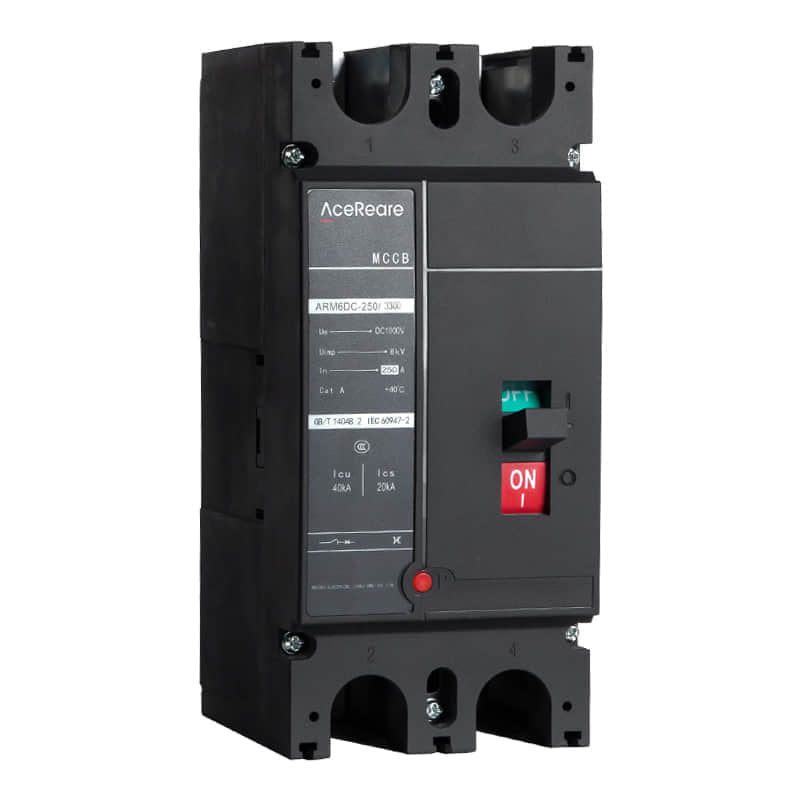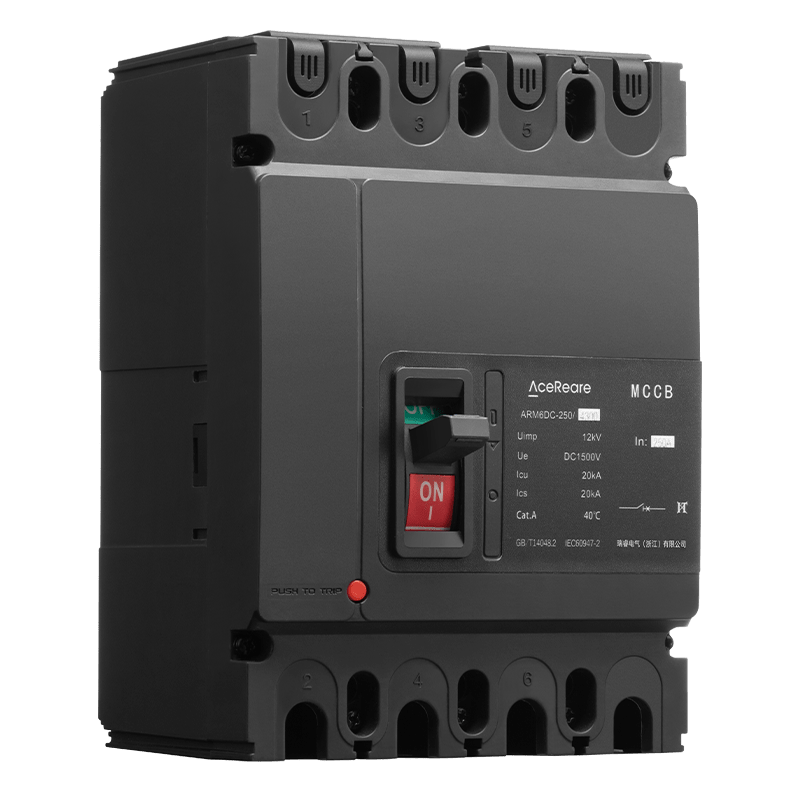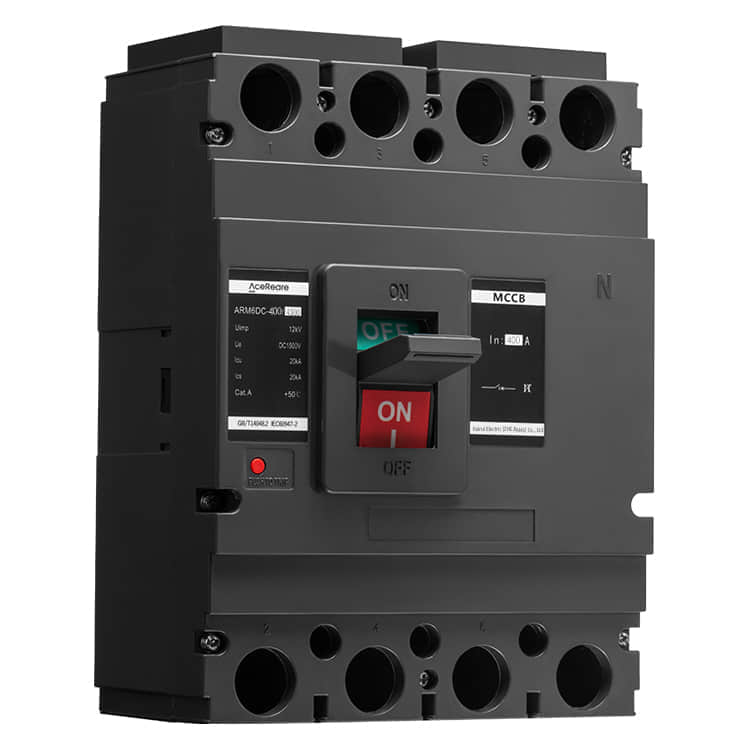In our ever-evolving world, the demand for renewable energy sources has reached an all-time high. Solar power, in particular, has emerged as a key player in the transition towards a sustainable future. To harness the full potential of solar energy, various technologies and components play a crucial role. One such component that stands at the intersection of safety and efficiency is the Photovoltaic Molded Case Circuit Breaker (PV MCCB).

The Photovoltaic Molded Case Circuit Breaker is a fundamental element within solar power systems, designed to ensure the safe and reliable operation of photovoltaic (PV) installations. In this article, we will explore the importance of PV MCCBs, their features, and their role in safeguarding solar energy systems.

Understanding the PV MCCB A Photovoltaic Molded Case Circuit Breaker is an electrical device used to protect solar installations from overcurrent and short-circuit faults. It functions much like a traditional circuit breaker but is specifically engineered to accommodate the unique characteristics of PV systems. These systems generate electricity through the conversion of sunlight into electrical energy, which necessitates specialized protection measures. Key Features of PV MCCBs High Interrupting Capacity: PV MCCBs are designed to handle the high fault currents that can occur in PV systems. They possess a high interrupting capacity, ensuring they can disconnect the circuit swiftly when needed. DC Operation: Unlike traditional circuit breakers that deal with alternating current (AC), PV MCCBs are tailored for direct current (DC) applications. This distinction is crucial, as DC circuits can be more challenging to interrupt safely. Arc Fault Detection: Many PV MCCBs are equipped with advanced arc fault detection technology. This feature identifies and disconnects circuits in the presence of dangerous arc faults, reducing the risk of electrical fires. Thermal and Magnetic Protection: PV MCCBs offer both thermal and magnetic protection, allowing them to respond to overcurrents caused by sustained overloads and short-circuits. This dual functionality enhances system safety. Remote Monitoring: In some models, remote monitoring capabilities enable real-time tracking of the circuit breaker’s status. This is especially valuable for maintenance and troubleshooting in large-scale solar installations. Compliance with Standards: PV MCCBs are manufactured to comply with relevant safety standards, ensuring that they meet the necessary requirements for safe operation in PV systems. The Role of PV MCCBs in Solar Energy Safety Photovoltaic Molded Case Circuit Breakers play a critical role in enhancing the safety and reliability of solar energy systems. Here are some of the ways they contribute to this mission: Preventing Overcurrent Damage: PV systems are susceptible to overcurrents caused by factors such as shading, dirt on solar panels, or faults in the electrical circuit. PV MCCBs prevent damage to the system by promptly disconnecting the power when excessive currents are detected. Fire Prevention: The advanced arc fault detection capabilities of PV MCCBs help prevent electrical fires that could otherwise pose a significant risk to both the solar installation and nearby structures. Maintenance and Troubleshooting: Remote monitoring features allow for efficient maintenance and troubleshooting. This ensures that any issues in the PV system are promptly addressed, minimizing downtime and maximizing energy production. Compliance with Regulations: PV MCCBs ensure that solar installations comply with safety regulations and standards, which vary by region. Compliance is essential for legal and insurance purposes. Long-Term Reliability: By protecting the system from electrical faults, PV MCCBs contribute to the long-term reliability of solar installations. This extends the lifespan of the equipment and maximizes the return on investment for solar system owners. In conclusion, the Photovoltaic Molded Case Circuit Breaker is an indispensable component in the world of solar energy. Its unique features and capabilities are tailored to the specific needs and challenges of PV systems. As the demand for solar power continues to rise, the role of PV MCCBs in ensuring safety and reliability cannot be overstated. These devices are essential for the sustainable energy future we all strive to achieve, where clean and renewable power sources take center stage.
